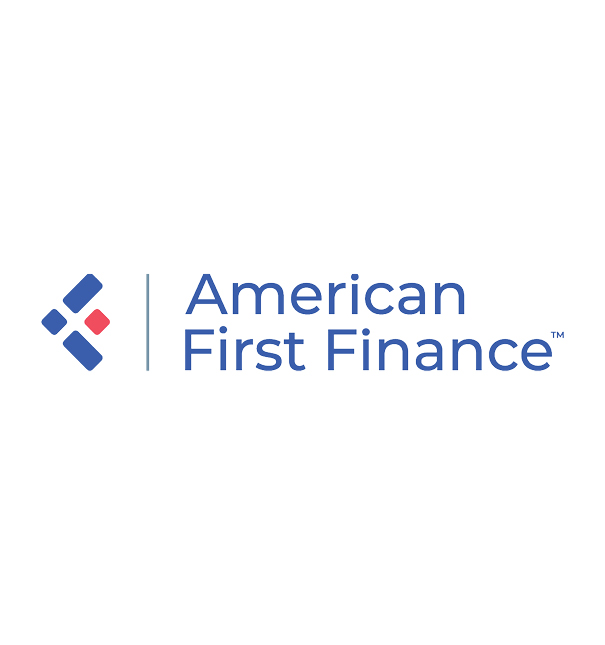The assignee has a lien on the vehicle and can reclaim if you don't pay. Co-signer A co-signer is a personsuch as a parent, close member of the family, or friendwho promises to pay back the loan if you do not. This can be an advantage both to you and your lender. A co-signer takes complete responsibility to repay the loan. Having a co-signer on your loan gives your lending institution additional assurance that the loan will be paid back. If you do not repay your loan, your co-signer will be liable for repayment even if the co-signer never ever drove your vehicle. If you have actually been asked to co-sign a loan, you ought to consider how it will impact your finances. In some states, the law enables the financial institution to repossess your automobile without going to court. For more details, including meanings of typical terms utilized when financing or leasing an automobile, read "Comprehending Car Funding," collectively prepared by the American Financial Providers Association Education Structure, the National Car Dealers Association, and the FTC. To buy print wfg financial copies of "Comprehending Lorry Funding," call the AFSA Education Structure: (888) 400-7577.
A financing charge is an expense troubled a customer for obtaining credit. Financing charges consist of interest on debt balances and any additional charges imposed by the credit-issuing entity. Listed below, you'll find typical examples of finance charges that customers deal with, and some suggestions for lowering the impact of these charges. A finance charge is any expense a consumer encounters in the procedure of acquiring credit and repaying financial obligation. Financing charges usually featured any kind of credit, whether it's a charge card, a service loan, or a mortgage. Any quantity you pay beyond the quantity you obtained is a finance charge.
Among the advantages of having a Check out the post right here charge card is that you can borrow cash without needing to pay off your balance completely monthly. However, taking your time to repay your debt comes at a cost. Your provider will charge interest on any balance not paid off by the end of the month. That interest cost is a financing charge. If you miss a minimum payment deadline that falls outside of a grace duration for your credit card, you might be charged a late payment fee, which is another example of a financing charge. Funding financial obligation is huge company in the U.S.
3 trillion. That's a 1. 1% boost because the 4th quarter of 2019, when family debt was already 26. 8% greater than it was in 2013. The majority of that financial obligation (if not all of it) will include financing charges such as interest charges and loan processing fees. Financing charges are determined each billing cycle based upon the current prime rate. Since July 15, 2020, the Wall Street Journal computed the prime rate to be 3. 25%. This rate changes in response to market conditions and Federal Reserve policy, so your capacity financing charge could differ monthly (What is a swap in finance). If you have a fixed-rate loan, the financing charge is less most likely to differ, though it may still fluctuate based on factors such as your payment history and timeliness.

How To Finance New Home Construction Things To Know Before You Get This

Credit card providers may determine finance charges utilizing your daily balance, approximately your daily balance, the balance at the start or end of the month, or your balance after payments have actually been used. Your credit card agreement might likewise include a minimum financing charge that's applied anytime your balance is subject to a fee. For example, your charge card terms might consist of a $1 minimum finance charge, so if a billing cycle's charges are $0. 65, that'll be assembled to $1. You can decrease the amount of interest you pay by decreasing your balance, requesting a lower rate of interest, or moving your balance to a credit card with a lower rate of interest.
Finance charges can be listed in numerous put on your month-to-month charge card billing declaration. On the first page of your billing declaration, you'll see an account summary noting your balance, payments, credits, purchases, Click here for info and any interest charges. In the breakout of deals made on your account during the billing cycle, you'll see a line item for your finance charge and the date the finance charge was examined. In a separate area that breaks down your interest charges, you'll see a list of your financing charges by the type of balances you're bring. For example, if you have a purchase balance and a transfer balance, you'll see information of the finance charges for each.
For home mortgages, month-to-month payments are separated into principal and interest payments, in addition to additional expenses like real estate tax. In this case, the "primary" portion of payments wouldn't certify as a financing chargeit merely approaches minimizing your debt balance. The interest payments, on the other hand, are a financing charge. Making your minimum credit card payment is usually sufficient to cover your financing charge plus a small percentage of the balance. However, if you're only paying the minimum payment, your balance won't decrease by that muchit takes the bulk of a monthly payment simply to cover interest charges. Because your balance isn't decreasing significantly, you'll face another interest charge during the next billing cycle.
For those with substantial debt, the minimum payment may not cover the month's financing charge. In this case, paying the minimum will result in a larger balance. Lowering financial obligation will need payments beyond the minimum. A finance charge is an expense troubled a consumer who gets credit. Finance charges include interest charges, late charges, loan processing charges, or any other expense that surpasses paying back the amount borrowed. For many types of credit, the financing charge changes as market conditions and prime rates change.